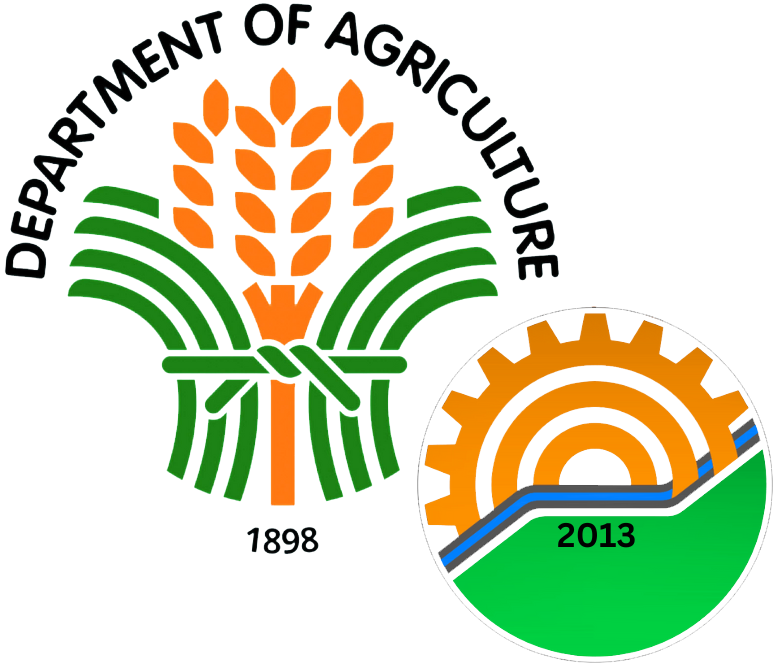
Department of Agriculture – Bureau of Agricultural and Fisheries Engineering (DA-BAFE) Director Ariodear C. Rico recognizes the important role of women and the significant number of female agricultural and biosystems engineers who are leading the country towards the mechanization and modernization of the agriculture sector.
Women’s role in agriculture needs to be sustainable because “women together with men are of equal importance,” Dir. Rico said.
As part of the celebration of International Women’s Day 2021, DA-BAFE in collaboration with the International Rice Research Institute (IRRI) gathered key stakeholders in the agricultural sector in an online meeting held on March 9 to discuss timely topics surrounding women in agriculture.
Dubbed as “Creating equal opportunities for women and men in agriculture: A meeting on mechanization”, the meeting focused on resolving challenges facing women and opportunities for them in mechanizing agriculture and introducing advanced technologies like laser land leveling (LLL).
Emerging and potential roles of women in implementing laser land leveling technology were identified during the discussion. Crafting strategies to provide a more inclusive environment for women’s participation in modernizing agriculture is one of the objectives of the online discussion attended by DA attached agencies, DA regional field offices, Agricultural Training Institute, farmers’ organizations and groups, laser land leveling service providers, and manufacturers’ associations.
“DA-BAFE is progressing its tie-up with IRRI, PhilRice, and other DA agencies on the implementation of the laser land leveling technology program. LLL is one of the programs pursued by the bureau in support of DA’s thrust on farm clustering and farm consolidation. LLL would have a positive impact on the country’s agricultural productivity,” Dir. Rico said.
Laser land leveling (LLL) is a technology used to level fields by removing soil from high points of the field and depositing it in low points of the field. LLL improves crop establishment and enables crops to mature uniformly. Using the laser-guided technology, farm production in India improved by 8% for rice and wheat; and in Cambodia, rice yields improved by 24%, according to IRRI.
The Food and Agriculture Organization of the United Nations (FAO) asserts that it is crucial to put women front and center in the conversation on narrowing the gap between women and men and continuously exploring opportunities for them.
One of these opportunities is mechanization. Utilizing advanced technology and farm machines has proven to be beneficial in reducing the time and drudgery of farming, at least for men. However, the needs and interests of women are often not fully taken into consideration in the development, design and manufacture of agricultural machines and technology.
Studies conducted in the Philippines show that women’s participation is mainly on doing household work and marketing of required farm inputs. Hence women needs to be strengthened and empowered.
Efficiency and productivity in farms increase when women complement the work of men, said Diadem Gonzales-Esmero PhD, GAD-TWG focal person in the Philippine Rice Research Institute (DA- PhilRice), during her presentation.
Making women significant in the development agenda in agriculture is an urgent challenge that needs to be addressed. Women are considered important recipients and beneficiaries of technological development related to agriculture, added Gonzales-Esmero.
The notion of gender mainstreaming is extensively provided for in RA 9710 or the Magna Carta of Women in the Philippines. Section 20 of the said law clearly states the blueprint on how agricultural technology must be evaluated (i.e. must be “women-friendly” and sustainable) with only two criteria namely accessibility and viability.###Marshall Louie Asis, DA-BAFE (Published on March 12, 2021)
















